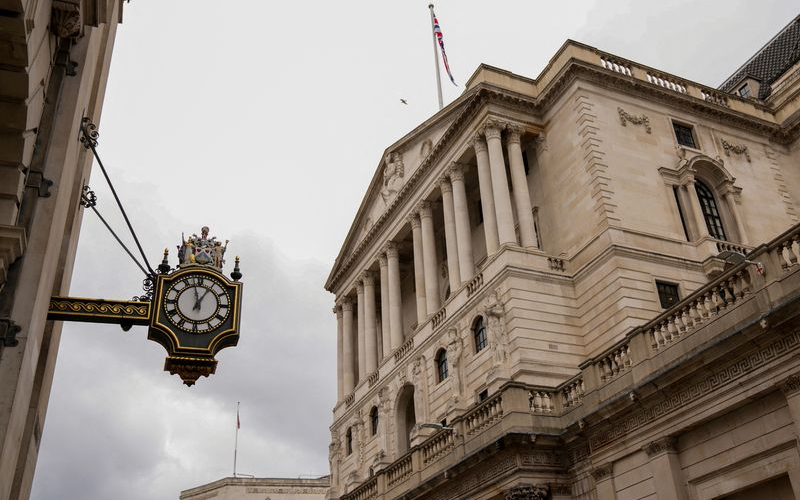The Bank of England’s decision to cut interest rates for the first time in four years has created a challenging situation for Britain’s new Chancellor, Rachel Reeves. The central bank reduced the Bank Rate by 0.25 percentage points to 5 percent, a move that has been welcomed by many homeowners who are eager to see their mortgage payments decrease. However, this development presents a significant hurdle for Reeves, who has spent much of her time in office highlighting the dire state of the economy she inherited from the previous Conservative government.
Reeves, who recently took over as the UK’s finance minister, has been vocal about the economic challenges facing the country, attributing them to the mismanagement of her Conservative predecessors. She has emphasized the need for difficult decisions, including potential tax increases, to address a £22 billion deficit in the Treasury.
“While today’s cut in interest rates will be welcome news, millions of families are still facing higher mortgage rates after the mini-budget,” Reeves stated, referencing the economic turmoil that followed former Prime Minister Liz Truss’s short-lived administration. Reeves has been adamant that the current government is focused on rebuilding the economy after years of sluggish growth.
However, the rate cut complicates her narrative, as the Conservatives are now positioning themselves as having left the economy in a better state than Reeves portrays. Shadow Chancellor Jeremy Hunt was quick to seize on the rate cut as evidence of an economy on the mend, crediting the previous government’s policies for reducing inflation and setting the stage for lower interest rates.
“Today’s cut will be welcome news for millions of homeowners and shows that Labour inherited a stronger economy which was on the right track,” Hunt declared, pointing to the Conservatives’ success in reducing inflation from 11.1 percent to the Bank of England’s target of 2.0 percent.
Despite this, Reeves continues to argue that the economy remains fragile and that the previous government’s overspending has left the country in a precarious position. She has criticized the Conservatives for failing to allocate sufficient resources to public services and for mishandling key issues, such as the asylum budget and rail services, which have led to increased costs for the current administration.
The Bank of England’s rate cut reflects a mixed economic outlook. While there are signs of improvement, with growth projections for next year at a modest 0.8 percent, the overall economic environment remains uncertain. Bank of England Governor Andrew Bailey cautioned that while recent economic strength is positive, there is still a risk of inflation rising again if rates are cut too aggressively.
Reeves is now faced with the challenge of navigating a complex economic landscape while trying to hold the previous government accountable for the current situation. The political battle over who deserves credit for any potential economic recovery—or blame for any continued stagnation—is far from over, and the rate cut adds another layer of complexity to the ongoing debate.








